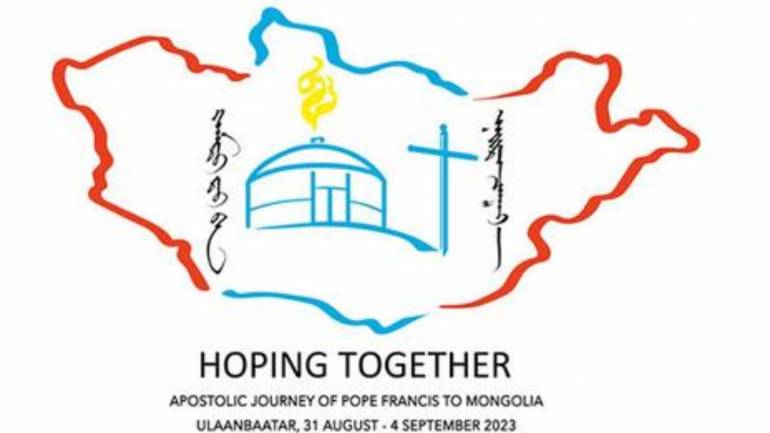South Korean bishops to meet Pope Francis in Mongolia

Korean Catholic bishops are scheduled to visit Mongolia following Pope Francis' visit to Mongolia (August 31–September 4, 2023).
Cardinal Giorgio Marengo, the head of the Apostolic Prefecture of Ulaanbaatar, invited cardinals and bishops from the member nations of the Federation of Asian Bishops' Conferences following this visit.
On September 2, Bishop Mathias Ri Iong-hoon (Lee Yong-Hoon) of Suwon, Cardinal Andrew Yeom Soo-jung, former archbishop of Seoul, Archbishop Simon Ok Hyun-jin of Gwangju, Archbishop Peter Chung Soon-taick of Seoul, Bishop Lee Yong-hoon, former Seoul Metropolitan Bishop, Cardinal Yum Soo-jeong, Gwangju Metropolitan Bishop Hong Hyun-jin, Seoul Metropolitan Bishop Jung Soon-taek, Bishop John Baptist Jung Shin-chul of Incheon, Bishop Pius Moon Chang-woo of Jeju, and Bishop Augustinus Kim Jong Soo of Daejeon will depart for Mongolia.
The Pope's visit to Mongolia is the first in Mongolian history. The motto of Pope Francis' pastoral visit to Mongolia is 'Hoping Together', and the logo "contains the double meaning of a pastoral visit to Mongolia and a state visit to Mongolia," the Vatican Press Office said.
Pope Francis will depart from Rome on August 31 and arrive in Mongolia on September 1. On the same day, at 4:00 p.m., the pope will meet with Mongolian church leaders.
The pope will attend the ecumenical and interreligious dialogue meeting on Sunday, September 3, at 10:00 a.m. and 4:00 p.m. He will celebrate Mass at the Step Arena (ice gym), and Korean bishops will also concelebrate the Mass.
The Pope will meet with pastoral workers and social work activists at 9:30 a.m. on Monday, September 4, attend the opening ceremony of the House of Mercy, and then end his trip in Mongolia with a farewell ceremony.
Mongolia is home to some 1,500 Catholics. -Santosh Digal
Radio Veritas Asia (RVA), a media platform of the Catholic Church, aims to share Christ. RVA started in 1969 as a continental Catholic radio station to serve Asian countries in their respective local language, thus earning the tag “the Voice of Asian Christianity.” Responding to the emerging context, RVA embraced media platforms to connect with the global Asian audience via its 21 language websites and various social media platforms.













